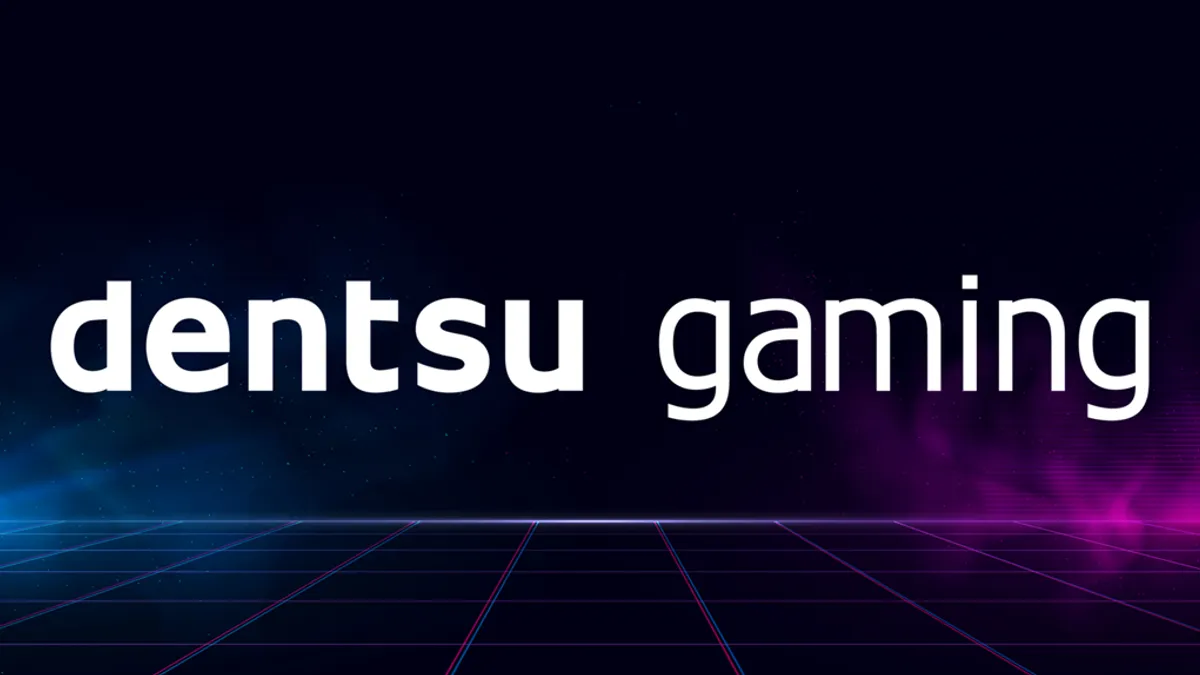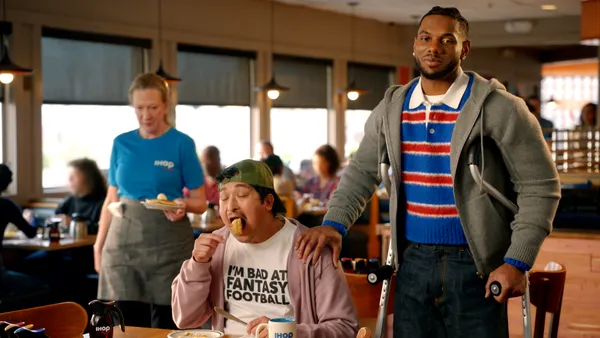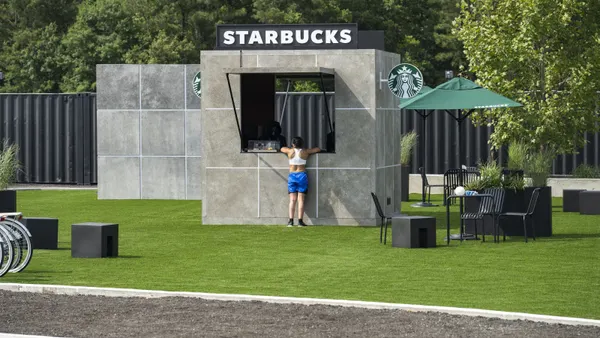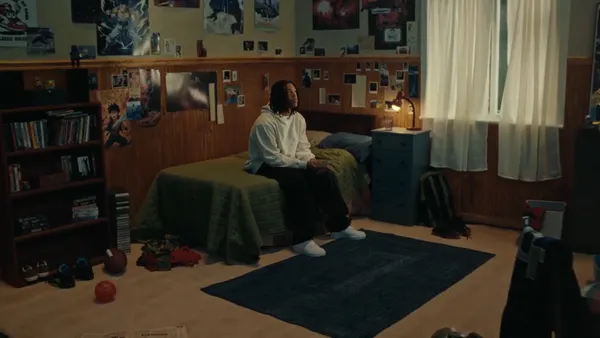Dive Brief:
- Dentsu Group unveiled an integrated gaming solution to support its production, media, creative and customer experience management agencies, according to an announcement. Those include Carat, Dentsu X, iProspect, Isobar, Dentsumcgarrybowen, Merkle and the Content Business Design Centre.
- Dentsu Gaming offers a range of services encompassing game IP management and development; in-game advertising and native brand integrations; commerce; esports, experiential marketing; augmented and virtual reality; and talent activation. Strategically, the program is meant to augment existing teams and provide subject matter expertise for clients trying to navigate a complex industry.
- With the move, Dentsu is attempting to engage a global audience of gamers that now totals 3 billion, according to recent Newzoo estimates cited by the group. It comes at a time when more agencies are narrowing in on specialty services to capitalize on newfound growth.
Dive Insight:
Dentsu is angling to help clients more deftly tackle the wide world of gaming with the introduction of a bespoke solution. The integrated offering, which will complement existing Dentsu agencies, has a number of services but is focused on four core areas: strategic advisory, activation, IP development and partnerships. Across those fields, Dentsu is attempting to foster "authentic and respectful engagement" and make gaming more accessible and representative.
The Tokyo-based company is linking the launch to its "unique gaming heritage in the Japanese market," including 35-plus years in gaming and entertainment. As part of the announcement, Dentsu called out its ongoing involvement as co-host of the Tokyo Game Show, which is one of the world's largest gaming events.
Several agency competitors have explored similar terrain: Omnicom's DDB last year set up an esports and gaming specialist practice called FTW (For The Win), while Publicis in January introduced a similar unit dubbed Publicis Play, as reported in The Drum. Dentsu UK & Ireland already has a gaming division called DGame.
Gaming is not historically viewed as diverse — the image of a gamer tends to skew young and male — but that's starting to change. Already a hot industry prior to COVID-19, gaming has seen its status shored up by a pandemic that's kept many people cooped up indoors for long stretches. The U.S. alone added 28 million new gamers from March 2020 through the end of the year, according to Facebook research. An uptick in dealmaking has followed as publishers look to consolidate their power.
While gaming's popularity is hard to contest, it's not always an easy space for brands to activate. Gamers are notoriously prickly, and outside of the mobile category, not many games run traditional advertisements. Part of Dentsu Gaming's purpose is to help clients dip their toes into emerging channels like in-game advertising, commerce and native brand integrations in a way that will be authentic and unintrusive.
A few recent marketing efforts underpin rising mainstream adoption of these tactics. In the latest edition of the popular NBA 2K franchise, State Farm's mascot, Jake from State Farm, makes an appearance as a non-playable character in one of the game modes. Players can interact with the spokesperson at a custom storefront and acquire an outfit based on his appearance. Burger King in Spain this summer hosted a competition in a previous iteration of NBA 2K where completing trick shots from different points on a branded court unlocked real-world rewards.
Such activations intersect with a growing discourse around the "metaverse," a buzzword referring to shared spaces that bridge aspects of the real world with virtual ones. Roblox and Fortnite are among the gaming platforms where marketers have started to build their own experiences enabling people to play, interact and even conduct transactions. Digital and social media platforms also clearly smell an opportunity: Facebook last week said it would invest $50 million in "responsible" metaverse development over the next two years.













